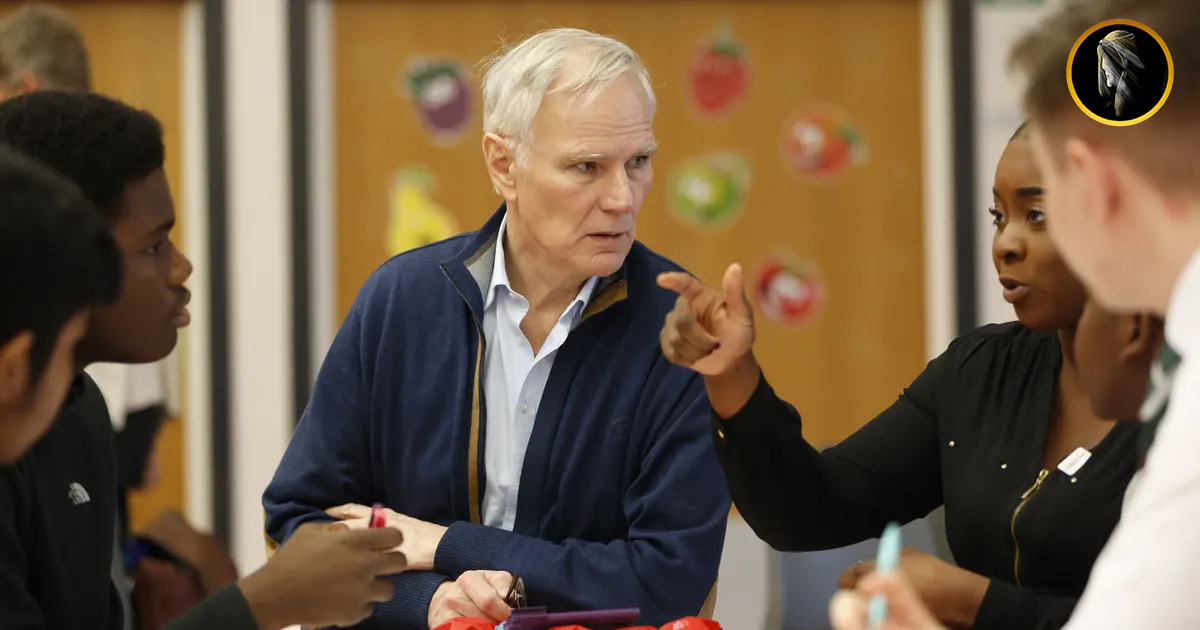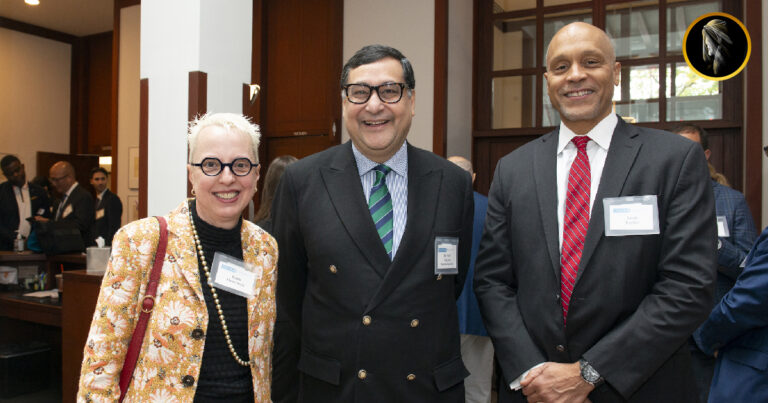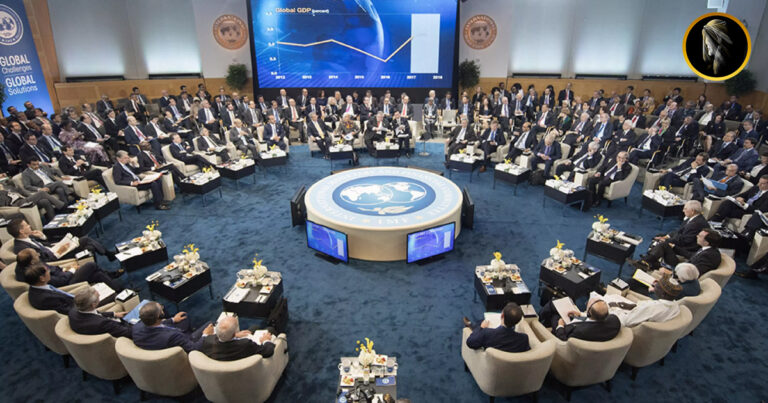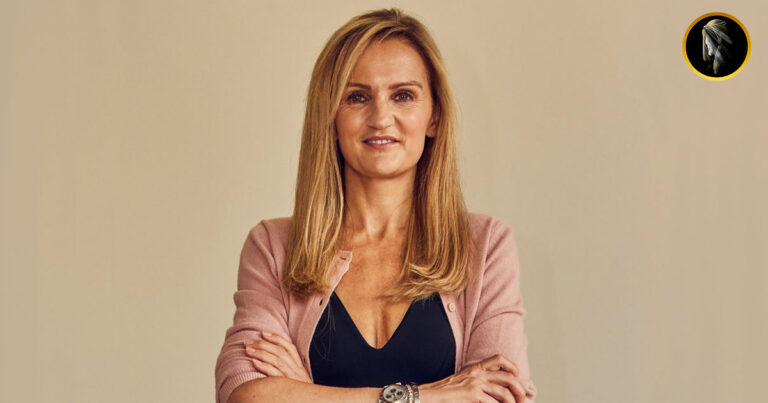UN Envoy Decries Alarming Poverty Levels in the UK, Calls for Increased Welfare Spending
The United Nations’ poverty envoy, Olivier De Schutter, has criticized the UK’s poverty levels, stating that they are “simply not acceptable” and that the government is violating international law. De Schutter emphasized that research shows the current universal credit payments of £85 a week for single adults over 25 are “grossly insufficient,” and he described the UK’s main welfare system as “a leaking bucket.”
In an interview with The Guardian, De Schutter expressed concern that the situation has worsened since his predecessor, Philip Alston, raised similar concerns five years ago. The government countered by asserting that it has not breached international law and highlighted a decrease in absolute poverty since the Conservatives took office.
De Schutter stressed that it is unacceptable to have more than a fifth of the population in a wealthy country like the UK at risk of poverty. He called for increased social protection measures and criticized the inadequacy of current welfare payments.
According to the Joseph Rowntree Foundation, in 2022, 3.8 million people experienced destitution, struggling to afford basic necessities. This included approximately 1 million children, a significant increase from 2017.
The government spokesperson argued that measures have been taken to protect the most vulnerable, with 1.7 million fewer people in absolute poverty after housing costs in 2021-22 compared to 2009-10. They also pointed out that households in full-time work are at least £6,000 a year better off than those relying on benefits.
De Schutter emphasized that the UK is not alone among developed nations in facing challenges related to poverty. He advocated for a shift in focus towards providing support to low-income households, increasing access to work, and creating a more inclusive economy.
De Schutter’s remarks echo Alston’s previous report on poverty in the UK, in which he highlighted a deliberate shift towards a harsh and uncaring ethos. De Schutter emphasized the need to bridge the gap between government indicators of progress and the lived experiences of people in poverty.
It’s important to note that not everyone can afford to pay for news, and The Guardian aims to keep journalism accessible. If you’re able to support independent journalism, there are options available to contribute, ensuring quality investigative reporting continues to hold the powerful accountable. Your support, whether small or large, makes a significant impact.









